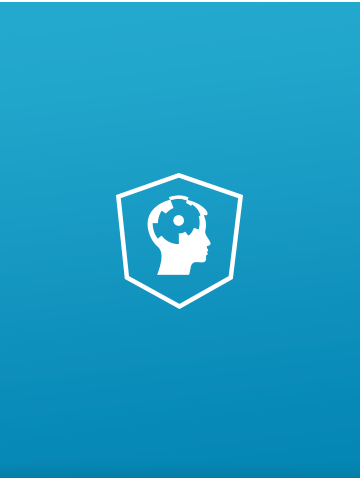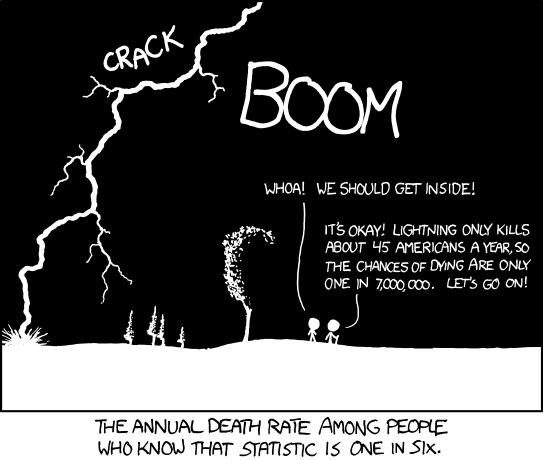 I recently left my job as a software developer to focus on transitioning into a data science role (see this post). As the first step of my transition, I am working through the courses offered by DataCamp.
I recently left my job as a software developer to focus on transitioning into a data science role (see this post). As the first step of my transition, I am working through the courses offered by DataCamp.
DataCamp offers a range of courses in Python and R in topics including: data importing, cleaning, manipulation, and visualization, as well as probability and statistics, machine learning, and finance. Within the last month, DataCamp has also created a number of course tracks based on specific skills or career path. These tracks are very helpful. I already had a good idea of which courses I wanted to take, but the tracks laid them out in an appropriate order and automatically started the next course in the sequence.
After about 3 weeks, I’ve completed 27 courses including the Data Scientist with R career track.
The Good:
- At $30/month you can’t beat the price, though I don’t imagine they expect many people to complete 10 courses/week. I keep seeing reminders that paying for the full year up front works out cheaper than a monthly subscription, but after my first month, I’ll have taken all the courses I’m interested in.
- Each course has a number of video segments, with exercises interspersed. There is no need to install R or Python to get started, everything runs through your web browser. This makes it easy to focus on understanding the underlying concepts and not worrying that all the required packages are loaded.
- The courses are consistently good, and I feel like I learned a lot in most of them.
- The skill and career tracks simplify the task of choosing what to do next. When I first started I read each course description and made a list, and tried to decide the best order to take the courses in. When the career tracks came along, I was able to enroll and get through my courses in an appropriate order.
The (not so) Bad:
- Everything is done in the browser. At the end of the course, I don’t have any working examples to refer back to. Also to simplify the exercises, each exercise builds on the last. I have seldom seen all the code for one task collected together on the screen.
- The DataCamp platform provides excellent feedback, including guidance matching the errors found in your code. The drawback is that you must code the exercise in exactly the same way the course creator did. After taking some of the more advanced programming courses, I was frustrated at the way some exercises were presented knowing that there was a better way to do it and I was unable to practice what I had already learned.
- Many of the exercises are reduced to “fill in the blank.” I would like to do more of the typing myself as I find this helps me remember what I’ve learnt better.
At this point, I’m very happy with my experience. While I don’t think I could consider myself a Data Scientist, I’ve gotten an introduction to many topics and have at least a vague sense of how to start a project of my own. Other people might disagree and feel completely qualified to call themselves data scientists after completing the career track, but I’m a mathematician by training, and I don’t think I understand something until I know all the details about the algorithm and can implement it myself (perhaps that’s a topic for another post). None of the DataCamp courses go into this level of detail, nor do they promise to.
As with everything in life, what you get out depends on what you put in. It would be very easy to get through the DataCamp courses without learning anything. I focused on understanding the concepts since I can always look up the syntax as needed.
Have you taken any online courses? What was your experience?


 When I was at UBC, I lived in a graduate student residence. There was an engineering student who would ask me regularly if I had done an integral that day. While I suspect it was a bit of a joke I was never quite sure how to respond other than, “well, no, that’s not really what I do.”
When I was at UBC, I lived in a graduate student residence. There was an engineering student who would ask me regularly if I had done an integral that day. While I suspect it was a bit of a joke I was never quite sure how to respond other than, “well, no, that’s not really what I do.”

